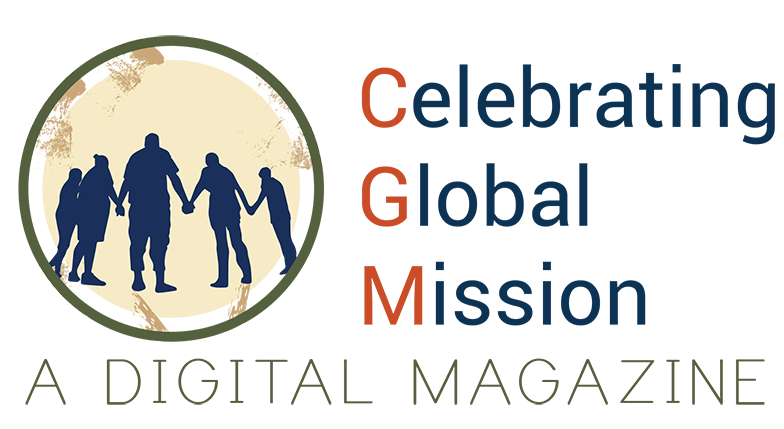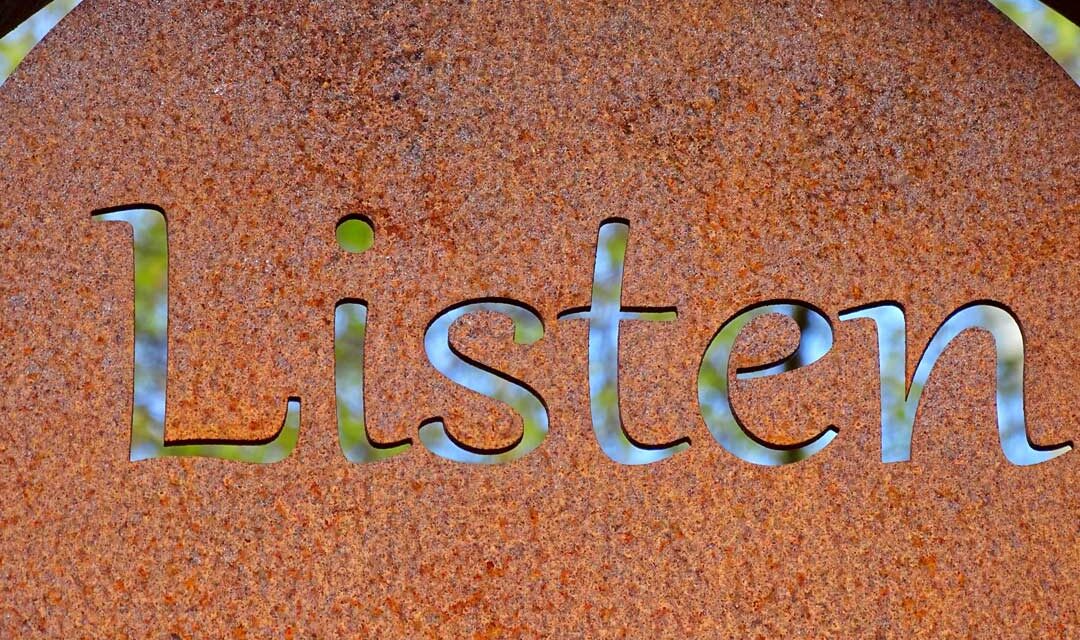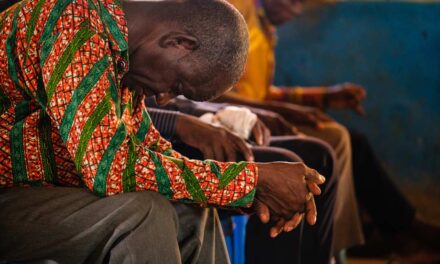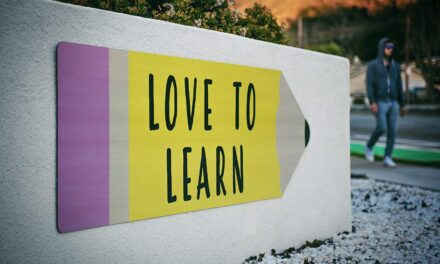Friends of Madagascar Mission
Friends of Madagascar Mission (FOMM) has been blessed with consistent growth and expansion over the past 13 years under the leadership of its Founder, CEO and Executive Director, Rev. David. P. Lerseth. FOMM started with a small vision and a step of faith for David. This was in the form of a chance meeting with Pastor Theo Rajaonary in Madagascar, one of the poorest nations on earth.
It had been a vision of David’s to visit Madagascar since the time he had heard enthralling stories about “the land of lemurs” from mission workers during his Sunday School days. But it was only several decades later when he retired from a career as a full-time pastor that he had the opportunity to visit the island nation.
Pastor Theo had just been released from prison after being incarcerated under a false accusation. While in prison, he sensed a call to reach prisoners with the message of the Gospel. In conversations with Theo after his release, David also sensed a call – to support Theo in this work by raising funds in the U.S. David returned to the U.S. where he and his local church community began to sponsor Pastor Theo to do outreach in one prison in the capital, Antananarivo. Support in the first year added up to about $7,000.00. And Friends of Madagascar Mission was born.
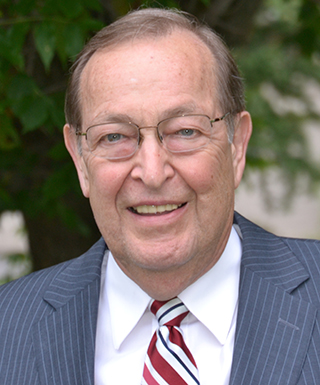
Rev. David Lerseth
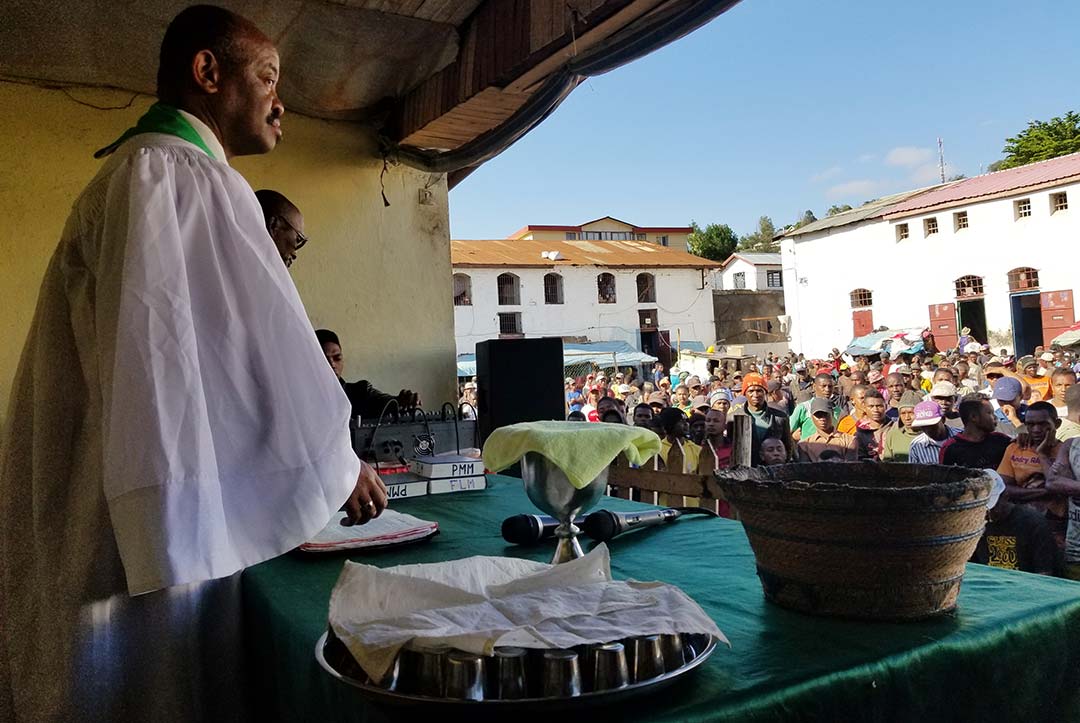
Pastor Theodoric Rajaonary ministering to prisoners
Thirteen years after its start in 2010, FOMM now has an annual budget of around $450,000 and 17 staff volunteers, each with specialist skills and a heart to see the ministry advance. FOMM has always operated as a fully volunteer organization with no paid staff, enabling 100% of funds raised to be sent to programs in Madagascar and amplifying FOMM’s impact.

Besides eliminating all overhead and salary costs, the single factor that has characterised the work of FOMM has been the priority on the development of relationships with local leaders, partners and government departments in Madagascar, as well as donors and supporters. Part of FOMM’s strategy is to invite people from the U.S. to travel to Madagascar regularly – not to do mission work, but to meet the locals, get to know them personally, see their needs firsthand and become advocates for their outreach and community-building projects.
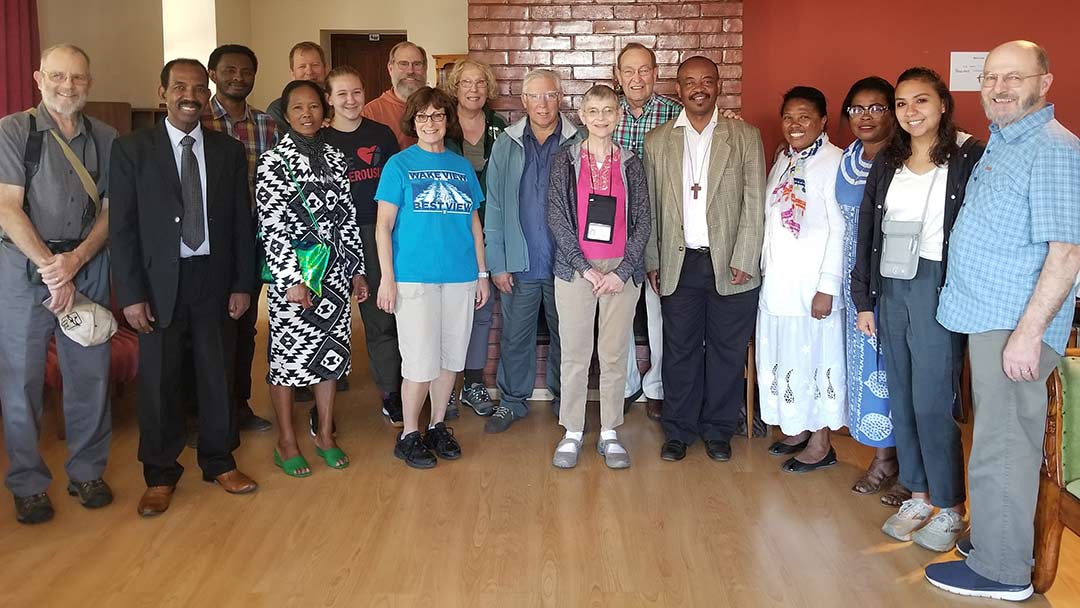
A Global Mission Education Trip group visiting Madagascar
Sharing the Model
It is one of FOMM’s goals to share this model with other leaders who have a desire to set up mission and aid projects.
David Lerseth says, “We realise that not every organization can operate in this way, but we believe that God has enabled us to build a team suited to this way of operating. What we have learned, whether staff are paid or volunteers, is that the same principle applies. FOMM has grown through prioritising the building of strong, trusting relationships with local people and supporting them to achieve their own vision – not ours!”
In this way, the local people own the projects. They experience growth as well as a sense of satisfaction through fulfilling their calling. They become the victors when they succeed and we celebrate with them. The process we follow is to help them to articulate their goals, then provide funding and encouragement to achieve them. We set up lines of responsibility and accountability, as we want to be fully transparent in letting our donors know how funds are being used, but we do not control the projects. In this way, projects are built sustainably, with a focus on building the capacity of locals to manage them.”
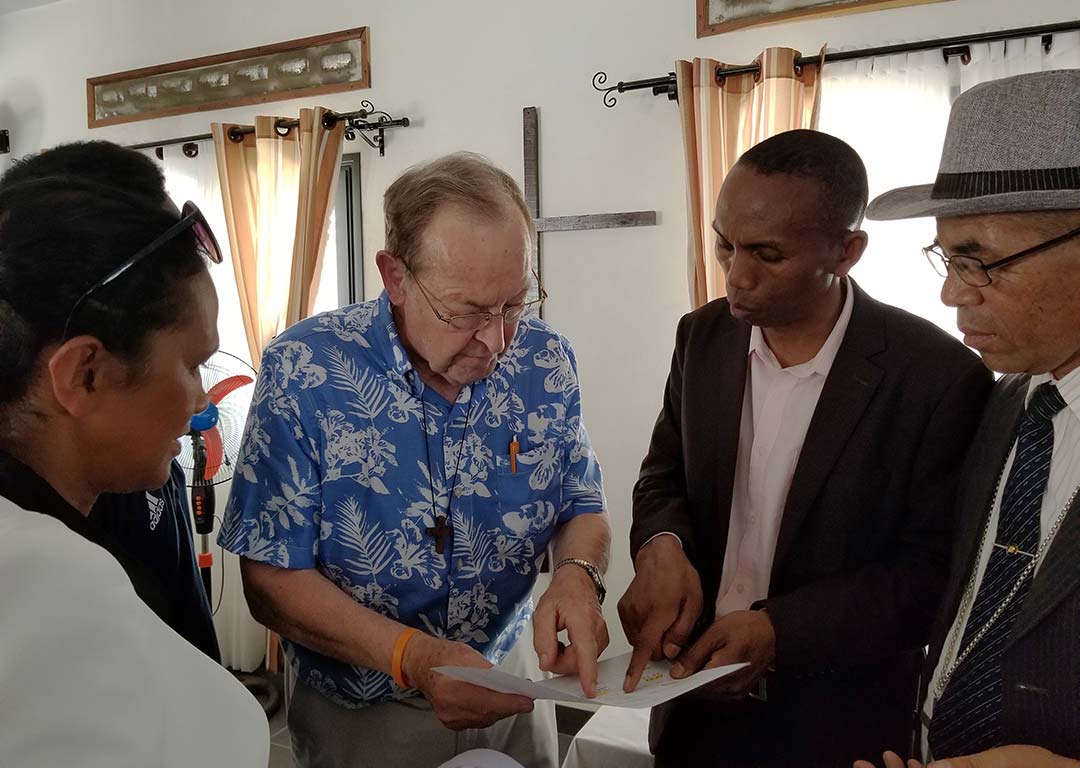
David Lerseth (2nd from left) consulting with a group of Malagasy leaders
Creative Development of Sustainable Projects
David Lerseth says, “To develop projects sustainably, we look for creative ways for programs to become increasingly self-funding where possible. We want to introduce innovations that wean projects from dependence on external funding over time.“
This strategy is a work in progress, and so far the following sustainability initiatives have been implemented or are being investigated:
- Seed banks have been set up to save a portion of seeds for the next season’s crop.
- Prisoners weave baskets and create other items for sale locally and in the U.S.
- Rice milling machines are being investigated, where machine operators can be paid with rice in exchange for milling rice for local farmers.
- FOMM is sponsoring a team to travel to Tanzania In the next few months to be trained in advanced irrigation methods, as well as how to plant and cultivate crops of fast-growing and edible tropical moringa or drumstick tree.
- “Living Water” project raised over $80,000, which will see three deep water wells dug and several disused wells repaired in the Betroka and Betioki districts. This project will be carried out by FOMM’s trusted partner organization, The Madagascar Water Project led by Fred Rittelmeyer, and wells are scheduled to be dug in early 2024.
- Two nursing scholarships have been donated by partner organization, Medical Mission Aid, based in Australia. World-class nursing training will be provided to two selected girls, who will return to their rural villages to work in clinics and engage in health care projects.
- Larger sustainability projects to establish vocational training include sewing, welding and waste plastic recycling.
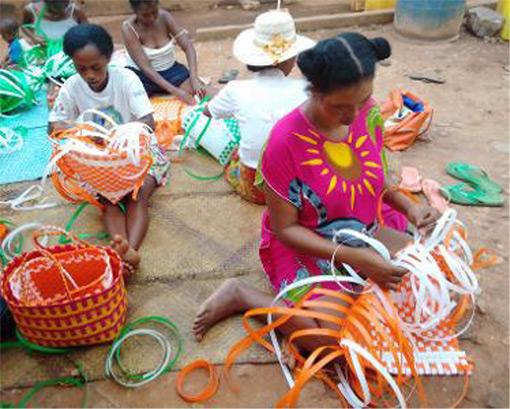
Women making baskets in the prison vocational program
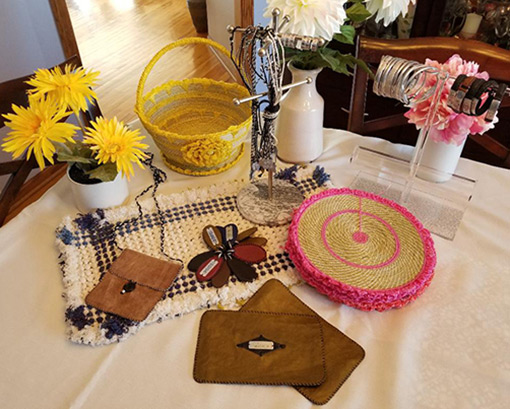
Products made in the prison vocational training program
FOMM’s approach to development may be summarised as “enabling the visions of locals to become a reality.” This has elicited feedback from a leader of a Malagasy program funded by FOMM, who said: “Ministries come and go, but FOMM has been a friend all the way through since 2010. They give 100% of what they promise.”
The Driver of Sustainable Growth
FOMM’s approach is not driven by idealism, but has been confirmed as the most sustainable method of working through witnessing the painful reality of many failed aid projects and the harm done to local communities through their failure.
For example, FOMM has seen the negative impact of international aid organizations digging wells for villages in the drought-stricken southern regions of Madagascar. Water has initially brought life and health to many thousands of people. Unfortunately, when funding or circumstances changed, aid workers left and pumps fell into disrepair with no-one trained to do maintenance. This resulted in hundreds of villages being given the gift of water initially, only to see it taken away due to the poor planning of aid organizations, with poverty returning to envelop the communities.
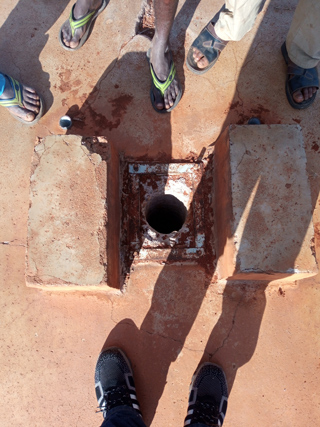
Broken water well
The above story represents the type of situation discussed in the book, When Helping Hurts: How to Alleviate Poverty without Hurting the Poor …and Yourself, by Steve Corbett and Brian Fikkert. Sadly, in the world of international aid the chasm between good intentions and sustainable community upliftment often seems insurmountable. Uncountable dollars flow toward projects that end up as failures at every level. From rusted, damaged or disused equipment, to disappointed locals and frustrated organizations – and donors wondering what happened to their hard-earned money.
All the ideals of vision, sustainability, strategic planning, impact measurement, program evaluation, donor relationships, responsibility, accountability, management and leadership seem good in theory, yet reality shows that not a single one of these factors can make a difference without another often-neglected but essential ingredient: relationships. This is because relationships with locals are to successful aid programs what flour or eggs are to successful cake baking. Leave one of them out and you get a flop!
Organic Growth
It seems that the needed adjustment is to move from the position of, “We do something to help you and we feel good about it,” to “We get to know you, understand your needs and empower you to achieve your vision, so you have a sustainable future.”
For FOMM, growth began organically and over the years has experienced an ever-expanding circle of projects and programs. Every one of these programs has been built on relationships and local capability.
Such is the trust that has developed for FOMM’s approach that FOMM volunteers were recently allowed to spend over five weeks working in a prison in Antalaha, providing mattresses, clothing and food, and also bringing in local building contractors to repair plumbing and do other infrastructure repair work.
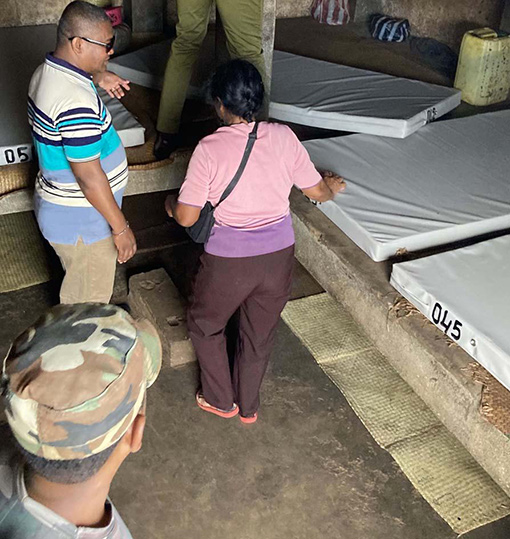
Selecting a new mattress in Antaliha Prison
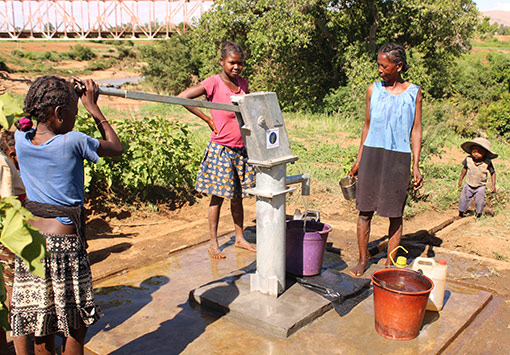
Repaired water well
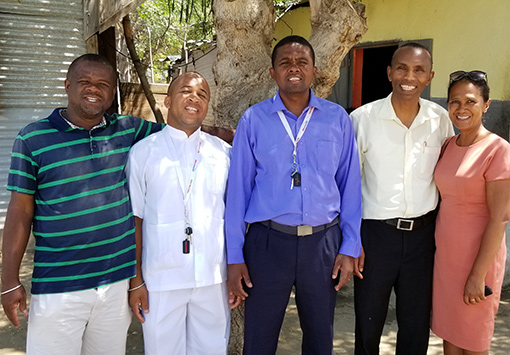
Group of Malagasy people
Relationships as a Core Value of Mission
It should not be a surprise that family, community and connected relationships are core to the message of the Gospel. We know from Scripture that the Father, Son and Holy Spirit dwell together in eternal unity and fellowship. As believers in Jesus, we join that family.
Jesus took three years to establish connections with His disciples to build the foundation for continuing His work. He prayed to His Father in John 17:21, “I pray that they will all be one, just as you and I are one—as you are in me, Father, and I am in you.”
Since unity characterises everything that God is and has ordained for us, we too should prioritize community, connection and relationships when we engage in His work.
When the foundations of relationships have been built, we may move forward in the work of the Gospel knowing we are building on a solid foundation. Three Scriptures provide principles as to how this may be done.
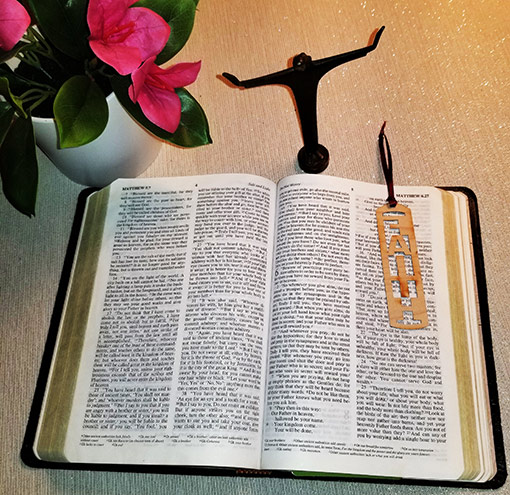
First, in Zechariah 4:10 we read the words of the prophet: “Who dares despise the day of small things, since the seven eyes of the Lord that range throughout the earth will rejoice when they see the chosen capstone in the hand of Zerubbabel?”
The first principle: Start Small. There is no doubt that FOMM started small, with David Lerseth taking up the call bring hope and be the voice for people suffering in squalid conditions in prison on a far-off, forgotten island.
Second, we read in Exodus 18:21 that Moses was struggling to manage the people of Israel. His wise father-in-law, Jethro, advised him to “…select capable men from all the people – men who fear God, trustworthy men who hate dishonest gain – and appoint them as officials over thousands, hundreds, fifties and tens.”
The second principle: Build a Team. David Lerseth put this principle into practice as soon as FOMM began to grow. It is a testament to the high calibre of team members that every dollar raised by FOMM since its first day can be accounted for.
Third, we read the words of Jesus in Luke 14:28-29: “Suppose one of you wants to build a tower. Won’t you first sit down and estimate the cost to see if you have enough money to complete it? For if you lay the foundation and are not able to finish it, everyone who sees it will ridicule you, saying, ‘This person began to build and wasn’t able to finish.’”
The third principle: Plan.
There may be debate about the order in which these three principles are best implemented, and even about the manner in which they unfold. For example, it can be equally valid to build a team as to first make a start in faith and build a team later. However, there can be no doubt that most productive endeavors started with one small action, developed teams to share the work and included planning at some point.
None of these three principles has been done as a “set-and-forget” process, but each one has had to be revisited frequently over the years. In fact, there have been many times when programs have been beset by uncertainty, with much prayer needed to find a way forward towards resolving challenges.
The Plan Defined by the Village Redemption Strategy
FOMM began to initiate and adopt so many programs to support, that it became necessary to re-think the strategic plan of the organization. As a result, one strategy has been developed to focus on prison ministry and humanitarian aid work, and the other on broader community work – particularly in the southern Betroka district, called The Village Redemption Strategy.
Betroka is known for poverty, poor education, climate change, drought, famine, political corruption, and a history of kleptocratic* rule that has all but destroyed the way of life and welfare in rural villages in the south and south-western regions of Madagascar.
As a result, villagers have a low level of literacy, poor health support and insufficient water supply, with high malnutrition and mortality rates.
A further complication is that the Bara people are a warlike and violent tribe, making aid work in the region highly risky.
*Government by those who seek status and persoanl gain at the expense of the governed; corrupt politicians enrich themselves secretly through embezzlement, kickbacks and bribes.
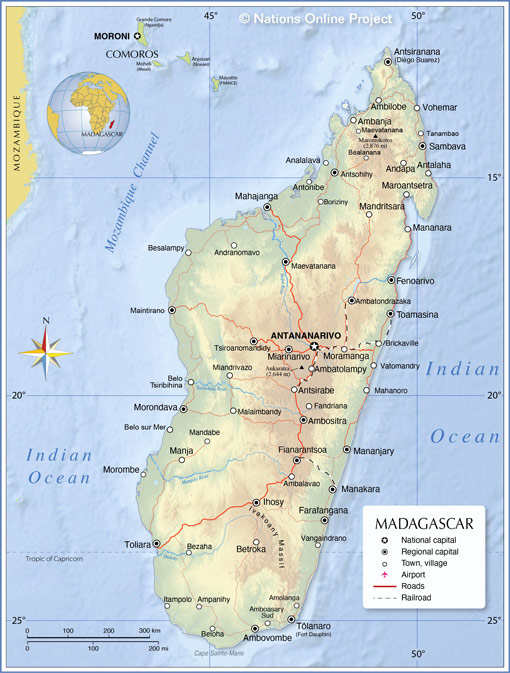
Map showing location of the Betroka state
The Bara Tribe
The Bara are the largest of the island’s zebu-herding peoples and have historically lived a semi-nomadic lifestyle, although an increasing proportion are practicing agriculture. Bara society is highly patriarchal, and endogamy (marrying within the same family, clan, or religious/cultural group) and polygamy are practiced among some Bara tribes. The Bara culture is animistic and ancestor worship and the offering of sacrifices to the spirits is practiced. Young men practice cattle rustling to prove their manhood before marriage, and the kilalaky musical and dance tradition associated with cattle rustlers has gained popularity across the island. Breaking rules results in severe punishment.
As a result of these tribal traditions, the Bara have been one of the most resistant group of people to reach with the Gospel in Madagascar. The stronghold of Satan is powerful and the spiritual welfare is constant. In many cases, Bara people have become disciples of Jesus after seeing the greater power and authority of Jesus to expel demons and heal people. Many Bara villages open up to listen about Christ, so every effort to reach them with the Gospel is important.
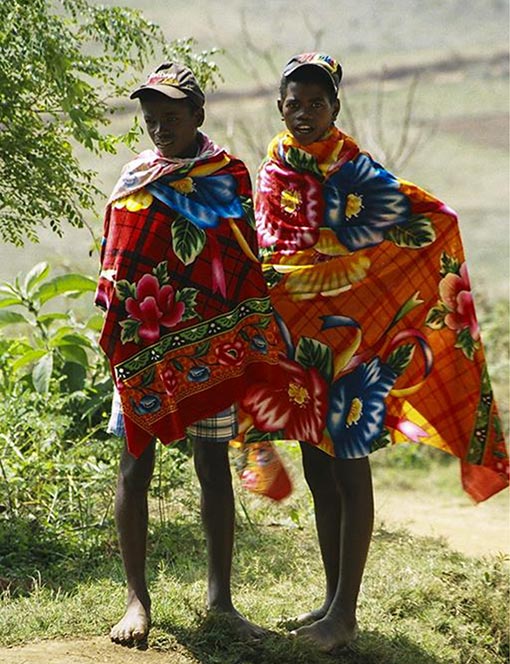
Bara people
We trust that Christ will honor every effort to glorify His name among the Bara people. The Village Redemption strategy is not prescriptive, but represents an openness to hearing God’s voice of leading as we seek to bring the message of the Gospel as well as social upliftment to the Bara people.
Aims and Goals of the Village Redemption Strategy
In consultation with locals (Betroka Bara people), FOMM aims to be instrumental in restoring and stimulating health and wholeness to rural villages that have been threatened, damaged or destroyed by natural disasters such as famine and drought, as well as by political and economic neglect and corruption. FOMM aims to identify activities and actions that will bring about restoration of wellness, dignity and quality of life and encourage people to grow in health and wellness without threatening the Malagasy sense of community.
In addition, FOMM aims to stimulate and fund the implementation of economically sustainable projects that are initiated, owned and managed by communities, causing them to grow in self-management capability, resilience and resources through times of drought and famine.
The Village Redemption Strategy is therefore a holistic, integrated development and aid blueprint that has the twin aims of bringing the message of the Gospel and social justice interventions to the Bara people in rural villages in Madagascar.
FOMM’s Goals
FOMM’s website contains the full Village Redemption Strategy, summarised below to encourage people in the Western world to become aware of the needs of the Bara people and to participate in prayer and practical support of the following goals:
- Plant churches with multi-purpose facilities for training and community events;
- Build schools that provide formal education based on government core curriculum;
- Provide holistic education for the whole of life e.g. health training, education, water purification, care of children, enterprise training;
- Dig and repair wells and set up water systems, with provision of solar-powered water pumps;
- Provide training and drip irrigation systems for villages;
- Set up clinics and dispensaries for maximum access by villages;
- Provide health education programs to villagers as part of the clinic program;
- Set up seed banks for ensuring a sustainable supply of seed to villagers and for re-stimulating forestation;
- Create and deliver enterprise training programs;
- Facilitate the development of an economic enterprise in each village, based on skills, interests and available resources;
- Provide emergency supplies as needed; the goal is to be prepared for dire circumstances, but the key goal is to develop sustainability and resilience in the first instance;
- Uphold the values of the Malagasy culture; and
- Remain aware of dependency that can arise through being givers and that may not be in the best interests of recipients; instead there needs to be a concept of giving and sharing that lessens dependence on outside support over time.
The strategy goes over and above material values and seeks to foster a culture where those who are recipients also see themselves as contributors to the upliftment of others.
Will you join FOMM in making a spiritual and social impact in Madagascar? FOMM has a micro-internship program where you can contribute your skills and talents to a Kingdom-building project, no matter how much or little time you have. Click the link below to find out more and to discover the many ways you can work with us, so that this island will put its hope in Christ…to open eyes that are blind, to free captives from prison and to release from the dungeon those who sit in darkness (Isaiah 42:4, 7).
Get involved! Click here for more information!
